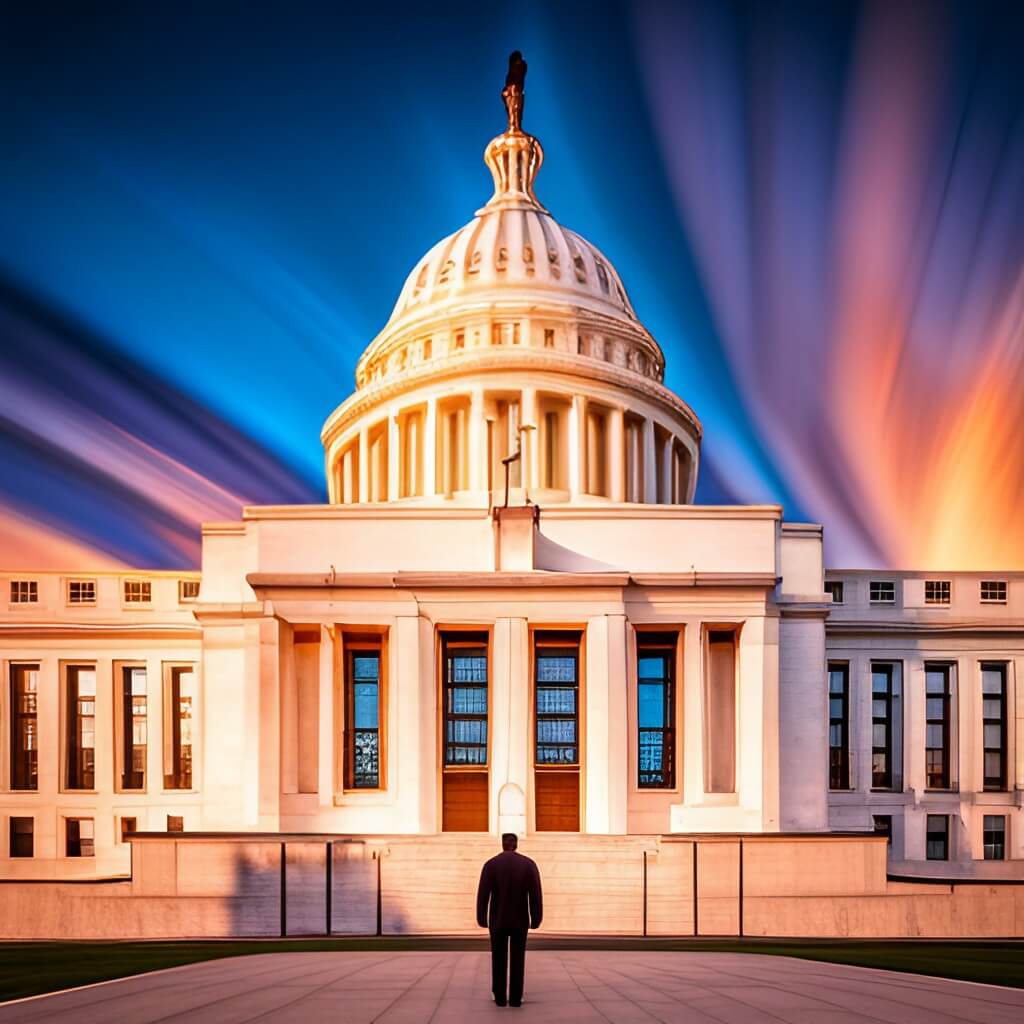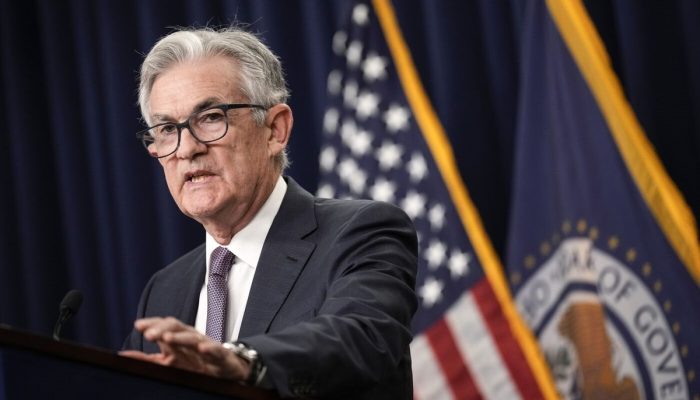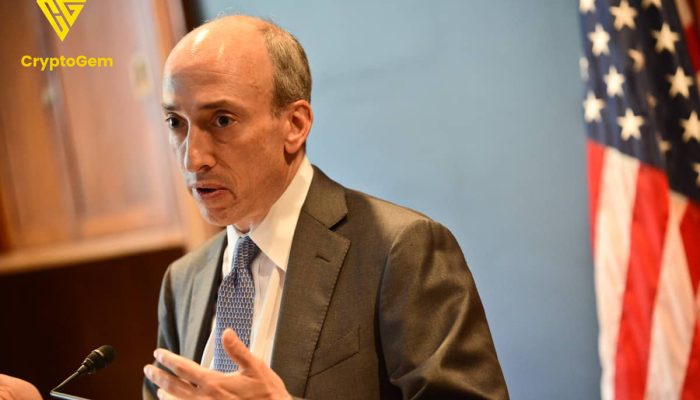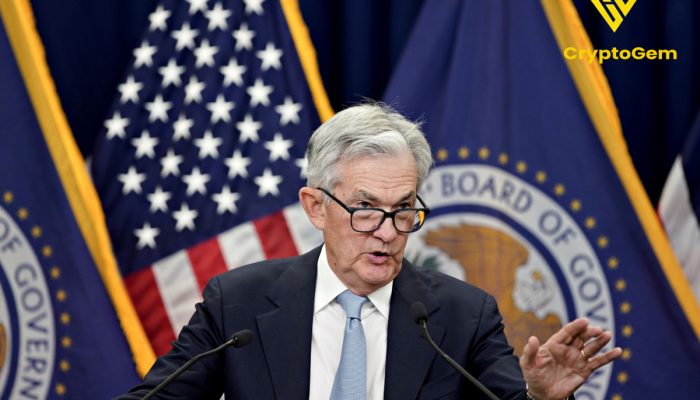TL;DR Breakdown
- Republican Senators have expressed concerns over the Federal Reserve’s growing influence on banks’ involvement with cryptocurrency and stablecoins.
- In a letter to Federal Reserve Chair Jerome Powell, the legislators claim that the Fed effectively blocks banks from issuing payment stablecoins.
- The Federal Reserve recently released SR 23-8, a directive requiring state banks to have specific protocols before engaging in stablecoin activities.
Republican legislators have raised concerns about the Federal Reserve’s increasing control over banks’ ties to cryptocurrency and stablecoins. Senators Bill Huizenga (Michigan), French Hill (Arkansas), and House Financial Services Committee Chair Patrick T. McHenry (North Carolina) have voiced their apprehensions. The Federal Reserve is allegedly hindering the establishment of regulatory standards for stablecoins.
According to a letter dispatched to Federal Reserve Chair Jerome Powell on Monday, the central bank is “effectively” preventing banks from rolling out payment stablecoins. This move, the legislators argue, could potentially undermine Congress’s efforts to set up a stablecoin payment regulatory framework. Moreover, they warn that if these directives aren’t retracted, they could deter financial institutions from venturing into the digital asset market.
Earlier this month, the Fed unveiled a letter, SR 23-8, targeting state banks that have aspirations to issue stablecoins under its supervision. The directive mandates that any financial institution keen on stablecoin activities have specific protocols. Furthermore, they must receive a “written notification of supervisory nonobjection from the Federal Reserve” before initiating such activities.
In a parallel move, the central bank also introduced SR 23-7, termed the “Novel Activities Supervision Program.” This program aims to amplify the Fed’s oversight of banking entities under its purview, investing in cryptocurrency, distributed ledger technology, and collaborations with non-banks to offer financial services.
While on the surface, the Fed’s “supervisory non-objection process” appears to be a step towards legalizing such operations, the Republican trio believes otherwise. They argue that this process will only be applicable in the context of public, permissionless blockchains.
The legislators have also posed a series of questions to the Federal Reserve. One of the critical inquiries revolves around whether the Fed plans to liaise with state banking authorities before greenlighting specific payment stablecoin operations.
Meanwhile, the House Financial Services Committee is diligently working on crafting a comprehensive regulatory framework for stablecoins. This initiative has witnessed a standstill in bipartisan discussions since July.
In their correspondence, the Republican trio emphasizes that a regulatory framework, if sculpted by Congress, would instill greater confidence among market participants. They pointed out the timing of the Fed’s release of SR 23-7 and SR 23-8, which came shortly after the Committee’s actions. They stated, “Yet, instead of working with Congress to establish a workable regime,” the Fed chose its path.
As the debate around stablecoins intensifies, it remains to be seen how the Federal Reserve responds to these concerns and whether a middle ground can be found. The coming weeks are poised to be crucial for the future of stablecoins and their regulatory landscape.
Disclaimer. The information provided is not trading advice. Cryptopolitan.com holds no liability for any investments made based on the information provided on this page. We strongly recommend independent research and/or consultation with a qualified professional before making any investment decision.
















